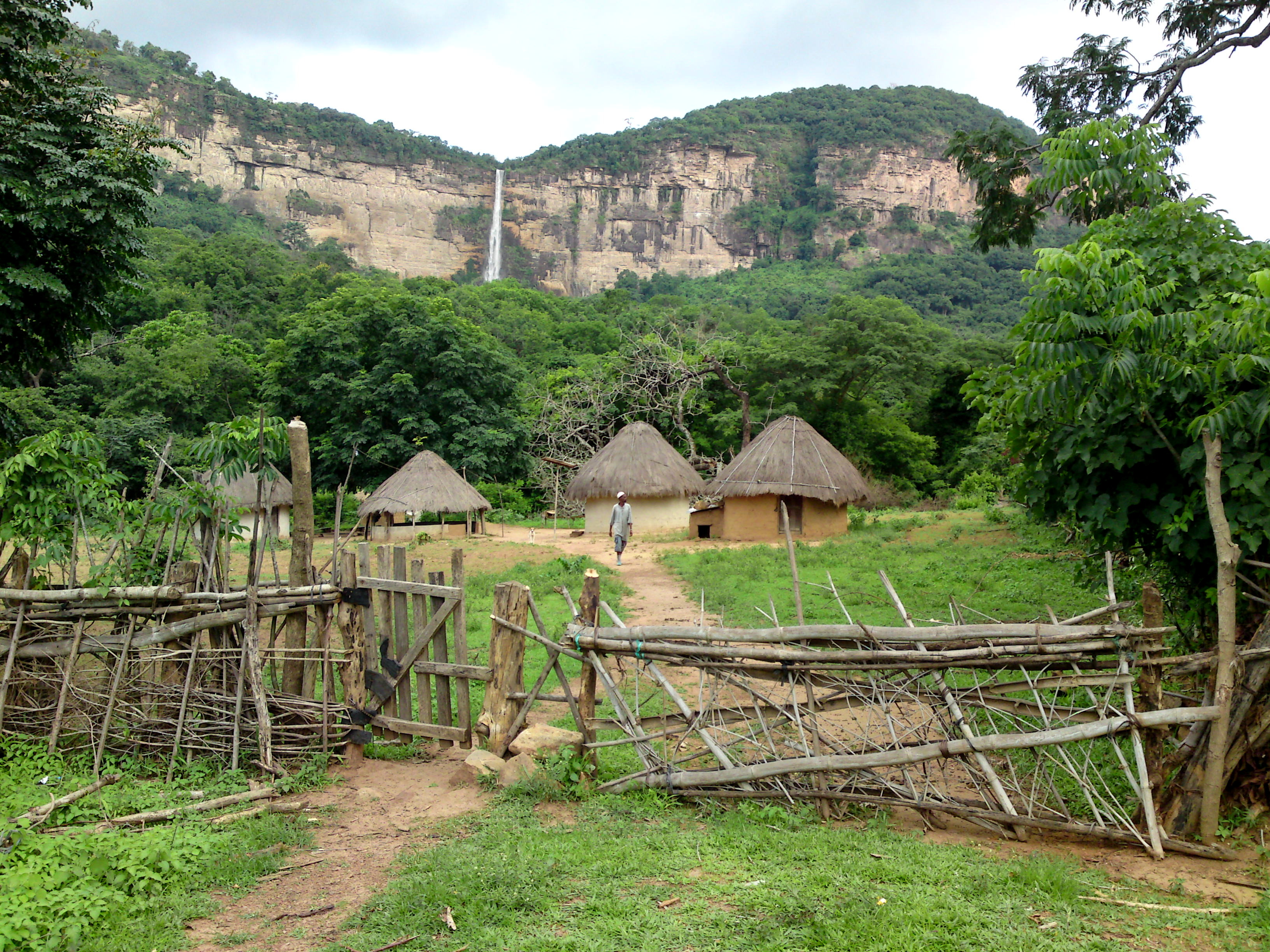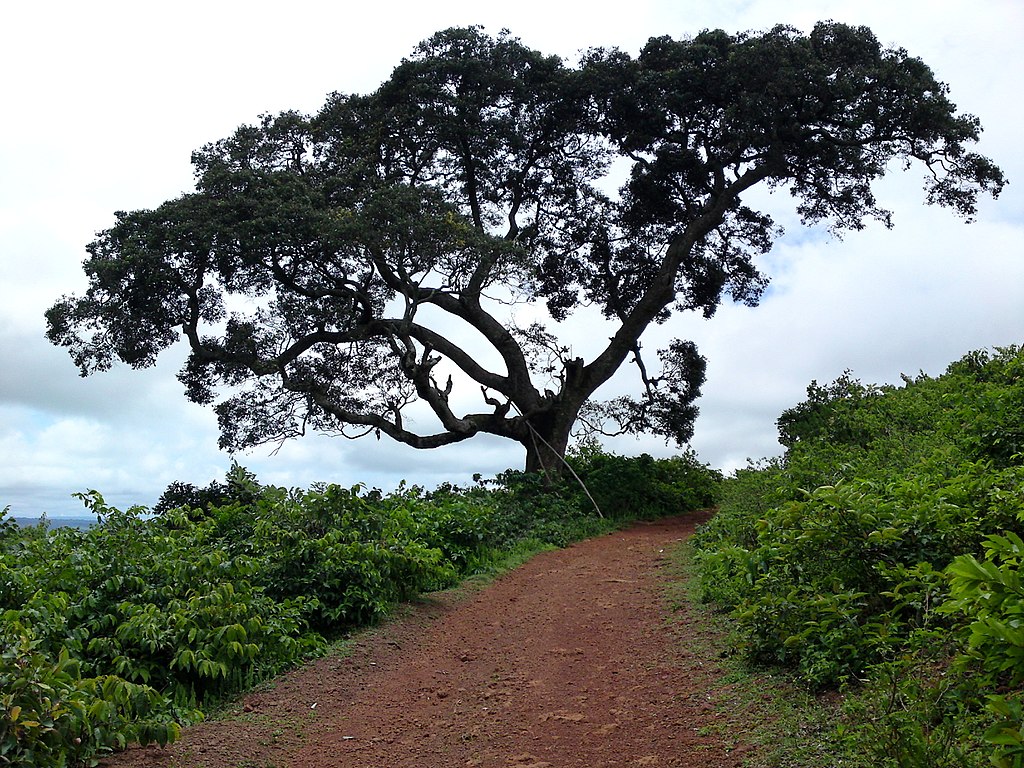Aissatou Barry
Aissatou Barry was originally from Yembéré in the district of Mali in Guinea. During the colonial period, she remembered the challenges of the colonial government, which required people to work on forced labor projects and to collect rubber from the colonial government. However, this did not make her family flee Guinea. It was only during the period of Sékou Touré’s government (1958-1984) that she left Guinea along with her husband.
While fleeing Guinea, she and her family would hide in the woods to avoid being caught. Once, Guinean police shot at them, but were unsuccessful. After entering Senegal, she settled in the town of Medina Yoro Foula, just three kilometers from the border with Gambia. They found someone to host them until they were able to set up their own household. After arriving in Senegal, she regularly went back and forth to sell goods between Senegal and Gambia, and one of her sons lives permanently in Gambia today. She also has a brother in Gambia, furthering her ties to the neighboring country.
Interview
Have you heard of the government of Diallo Yacine [a Guinean Fulbe who represented the colony in the French Parliament]? At that time, I was a young girl. I was not married, and I was living with my mom. After Diallo Yacine ruled for five years, he was replaced by Sekou Touré. Sekou Touré’s government made us fled took us out of Mali [a district in Guinea] because they wanted me to go and dance. Then my husband took me and one of my sons, who is now married in the Gambia. We ran from Guinea and came here [Medina Yoro Foula, a town in southern Senegal two miles from the Gambian border]. During this era, they would take women and make them dance for them for a month. Your husband would be scared to do anything. This was a very tiring time. So we ran and travelled through the forest, because the roads were very difficult at that time. If they [the government] saw you, they would kill you. We went through the woods day after day until we arrived in Senegal. If they found you in the forest they would attack. If they found a woman, they took you from your husband and made you go with him. At this time my son Lamarana was learning the Koran. He was seven years old. Day after day we slept in the woods. We did not hear the sounds of a cow. We did not hear the sounds of a chicken. We ran and we cried. The government shot at us once and we kept running until we came here. Baaba Sala Gueye [I believe this refers to Lamine Gueye, President of the National Assembly from 1960 to 1968] was elected and [Dawda] Jawara was the president here [Gambia]. Jawara gave us money so that we could survive; we also farmed a lot. That was our life. We were not actually in Gambia, but only close to it. Only my taugher lives in Gambia, where she was married. At that time, customs in Gambia took our things, they would even come into our huts and take things. So whatever we bought in the Gambia, we had to hide from them very well when we came back. That was in the past though. Today Gambia and Senegal are siblings from the same mother and the same father.

